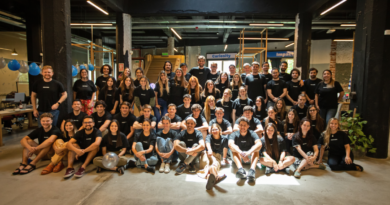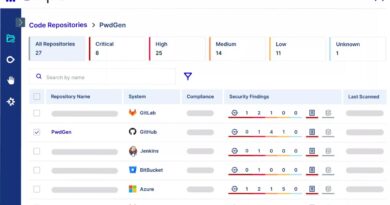Datasaur lets you build a model automatically from a set of labels
Long before people were talking about ChatGPT and generative AI, companies like Datasaur were dealing with the nuts and bolts of building machine learning models, helping label things to train the model. As AI has taken off, this kind of capability has become even more important.
In order to bring model building to more companies without a data science specialist, Datasaur announced the ability to create a model directly from the label data, putting model creation in reach of a much less technical audience. It also announced a $4 million seed extension that closed last December.
Company founder Ivan Lee says the recent surge in AI interest has been great for the company, and actually plays well into the startup’s strategy. “What Datasaur has always strived to be is the best place to gather the training data that you need to feed into your models, whether they are LLMs, or traditional NER models, sentiment analysis or what have you,” Lee told TechCrunch.
“We are just the best interface for these non-technical users to come in and label that data,” he said.
The rise of LLMs is helping raise awareness in general about how AI can help in a business context, but he says that most companies are still very much in the exploratory stage, and they still need products like Datasaur to build models. Lee says one of his goals from the start has been to democratize AI, particularly around natural language processing, and the new model building feature should put AI in reach of more companies, even those without a specialized expertise.
“And this feature is one I’m particularly excited about because it allows teams without data scientists, without engineers to just markup and label this data however they see fit, and it’ll just automatically train a model for them,” Lee said.
Lee sees this as a way to move beyond the initial target market of data scientists. “Now we’re going to open it up so construction companies, law firms, marketing companies, who may not have a data engineering background, but can still build NLP models [based on their training data].”
He says he has been able to limit the amount of venture investment he has taken – the previous seed was a modest $3.9 million in 2020 – because he operates leanly. His engineering team is mostly in Indonesia, and while he expects to hire, he takes pride in operating the company in an efficient manner.
“My philosophy has always been profitability, grow in a scalable manner, never grow at all costs,” Lee said. That means he considers every hire and the impact it will have on the business.
By having a remote, cross-cultural workforce, employees can learn from each other and that brings a diversity to the company by its nature. “There is a significant difference in the workplace culture between the U.S. and how things operate in Indonesia. And so one thing is we’ve had to be intentional about capturing the best of both worlds,” he said. That could mean encouraging Indonesian colleagues to speak up or push back on what a manager is saying, which is something they are loath to do culturally. “We’ve been very proactive about encouraging that,” he said.
But he says there’s a lot U.S. employees can learn about how things operate in Asia, as well, like respect for your colleagues and this culture of putting the team first, and he has had to help the teams navigate these cultural differences.
The $4 million investment was led by Initialized Capital with participation from HNVR, Gold House Ventures and TenOneTen. The company has raised a total of $7.9 million.





